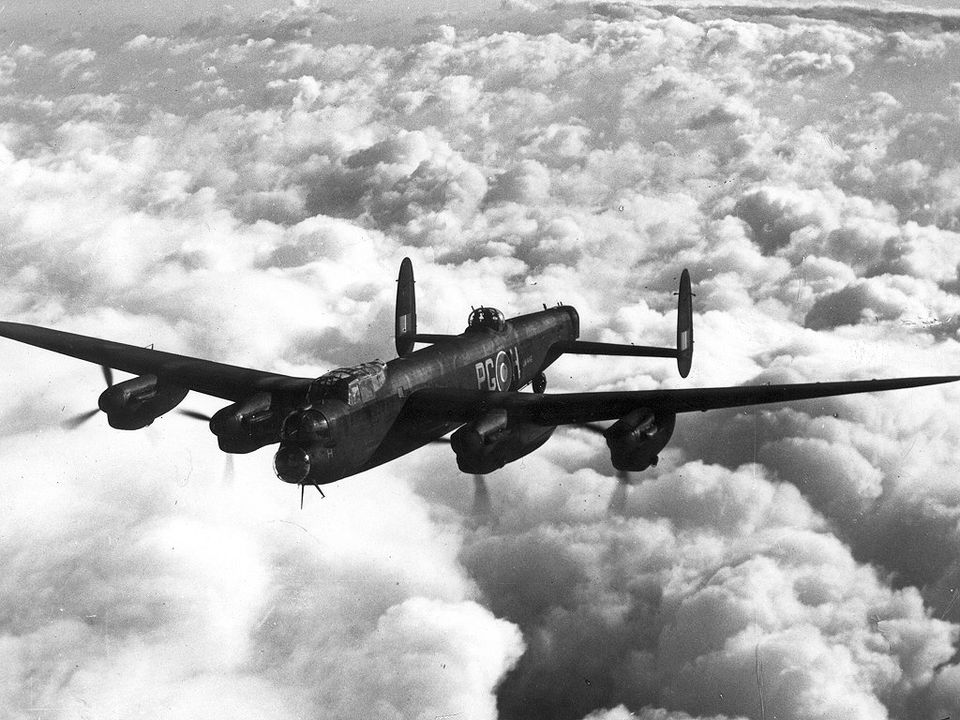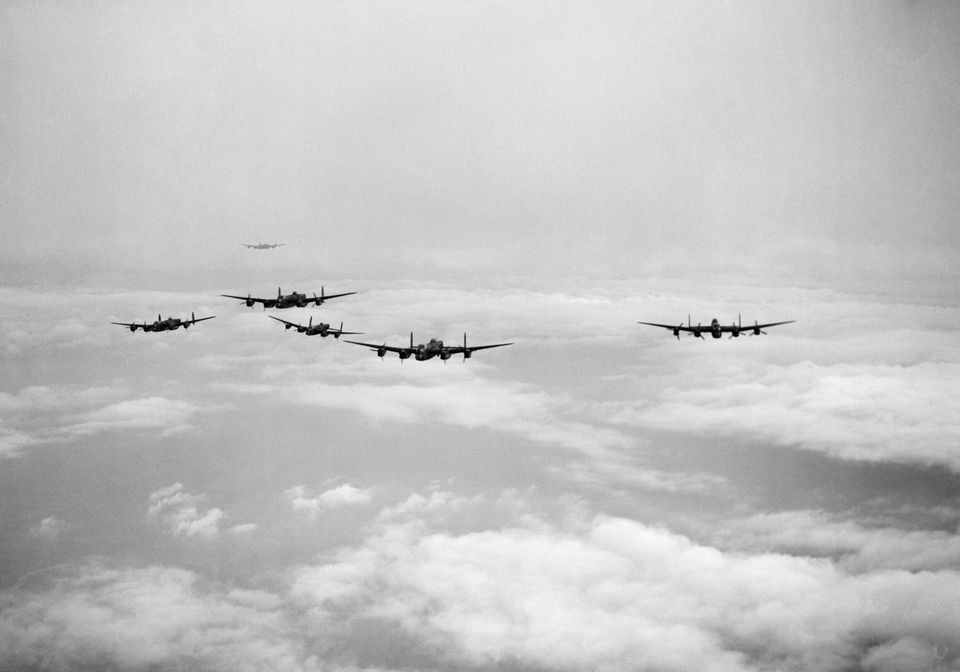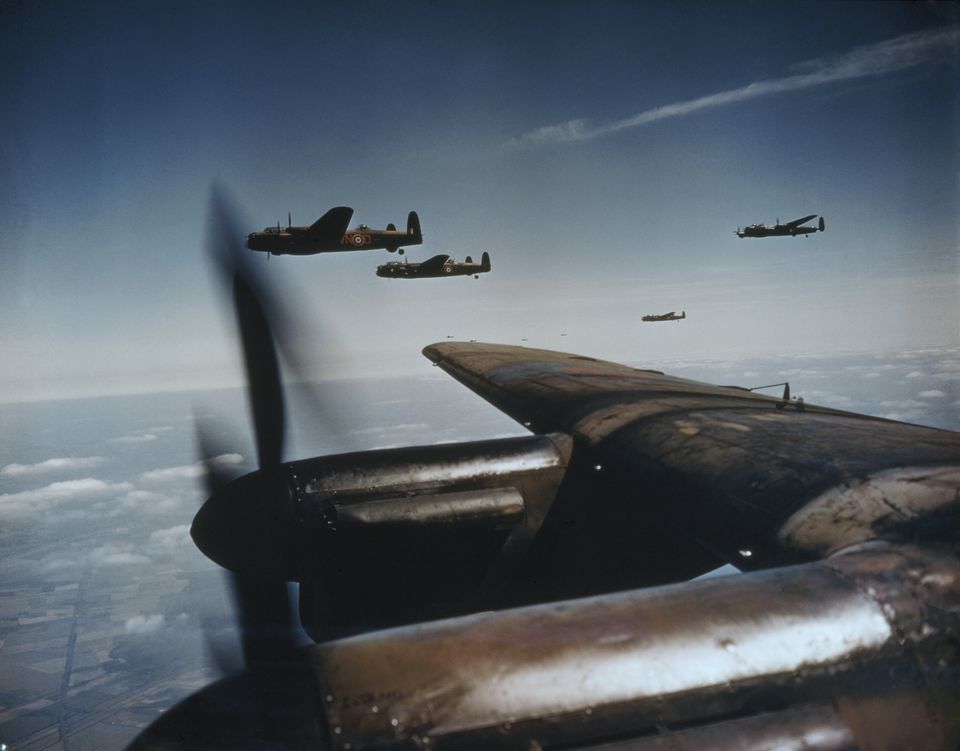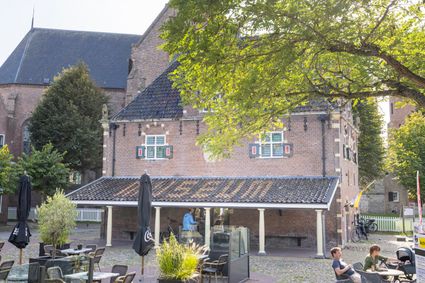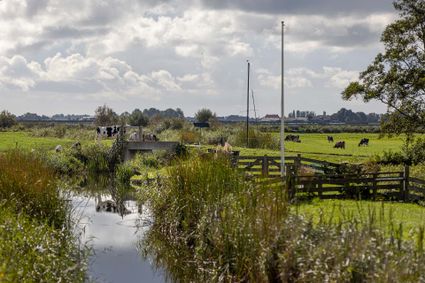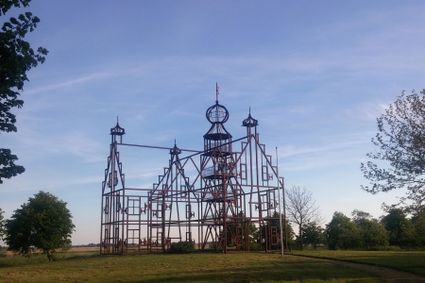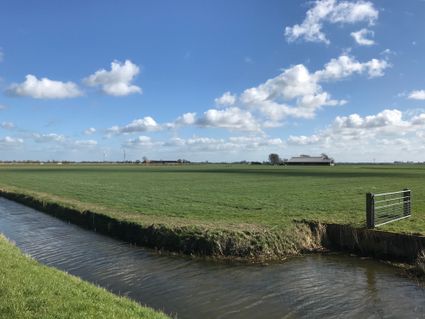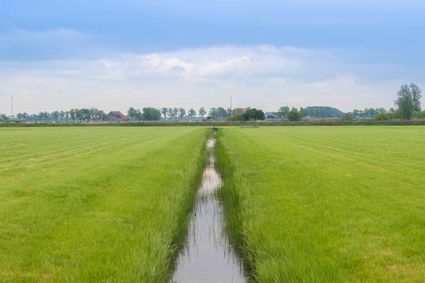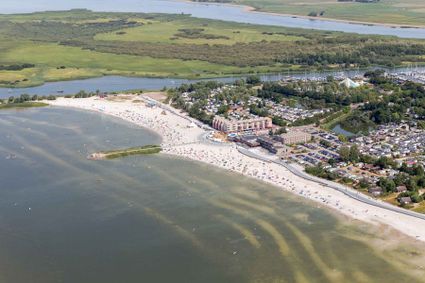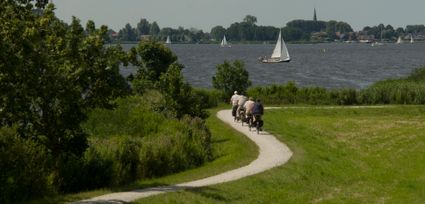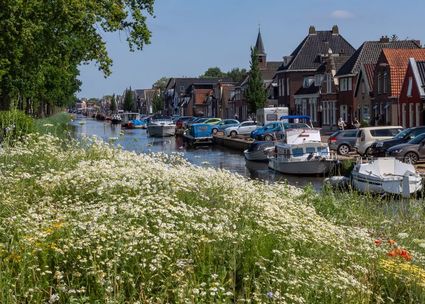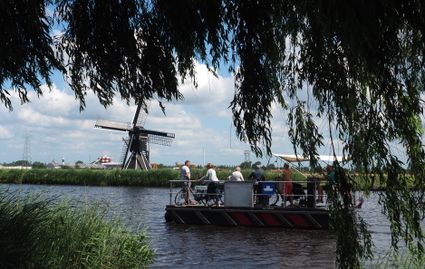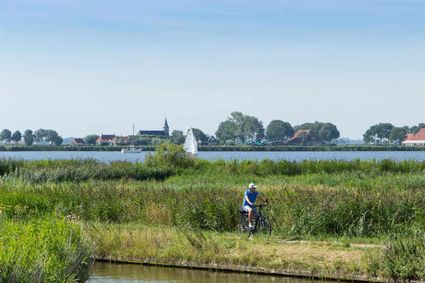Air war over Friesland
During the Second World War there was relatively little fighting on Frisian territory. But in the Frisian airspace there were almost daily air battles between German and allied aircraft. About 400 Allied planes were shot down in the five years of the war.
Because the German cities of Emden, Wilhelmshaven, Bremen and Hamburg were regularly the target of Allied bombers, there was a lot of air traffic over the province of Friesland. In July 1941, the first English bomber on the mainland of Friesland crashed near Mantgum, killing six crew members.
More than four hundred Allied aircraft were lost over…
During the Second World War there was relatively little fighting on Frisian territory. But in the Frisian airspace there were almost daily air battles between German and allied aircraft. About 400 Allied planes were shot down in the five years of the war.
Because the German cities of Emden, Wilhelmshaven, Bremen and Hamburg were regularly the target of Allied bombers, there was a lot of air traffic over the province of Friesland. In July 1941, the first English bomber on the mainland of Friesland crashed near Mantgum, killing six crew members.
More than four hundred Allied aircraft were lost over Friesland and the surrounding waters during the Second World War. In the early years of the war, the fighting mainly took place at night, because the Royal Air Force bombed in the night. When the Americans entered the air battle in 1943, fierce dogfights were also conducted over the province in daylight. Sometimes several planes crashed in one day.
The many air battles over the province of Friesland were mostly related to the presence of Fliegerhorst Leeuwarden. For the Germans, this was the base for the day and night fighters that guarded the coast, escorted convoys and shot down Allied aircraft.
During this cycling route you will visit the crash sites of Allied bombers and you will read more about the resistance group Gaastmeer that sheltered the crew of a Halifax bomber.
Have fun cycling!
Sights on this route
Verzetsmonument 1940 – 1945
Het verzetsmonument in Workum bestaat uit drie abstracte beelden van witte natuursteen die drie stadia van het bevrijdingsproces symboliseren, te weten ‘Onderdrukking’, ‘Verzet’ en ‘Vrijheid’.
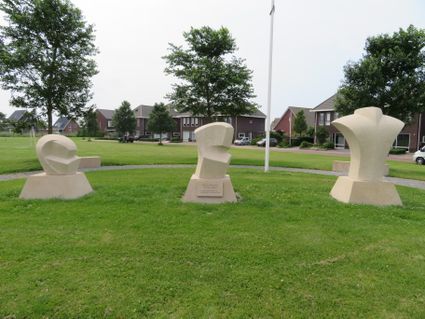
Crash locatie Lancaster W4888
In de nacht van 4 op 5 mei 1943 steeg de zwaarbeladen Lancaster bommenwerper W4888 op vanuit Holme-on-Spalding Moor om een bombardement uit te voeren op Dortmund.

Monument Peter Tazelaar
Peter Tazelaar speelde tijdens de Tweede Wereldoorlog een belangrijke rol in het verzet als Engelandvaarder, spion en adjudant. Zijn personage stond model voor James Bond, de wereldberoemde creatie van de Engelse schrijver Ian Fleming.
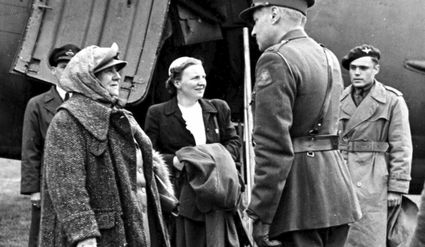
Piloten duiken onder in It Heidenskip
Op 8 maart 1944 raakte een Amerikaanse Liberator bommenwerper zwaar beschadigd door Duitse luchtafweer op de terugweg van een raid op Berlijn. Hierdoor moest het toestel noodgedwongen in de buurt van Earnewâld een noodlanding maken.
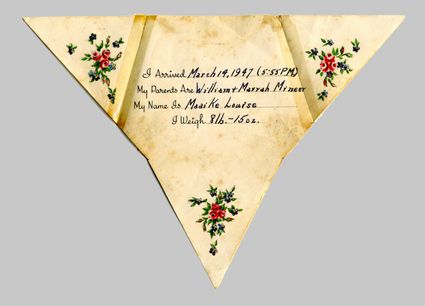
Piloten duiken onder in It Heidenskip
Piloten duiken onder in It Heidenskip
Ursuladijk 28
8724 HR It Heidenskip
Infopaneel Boer Kuiper
Op woensdagavond 16 juli 1943 betreedt het beruchte lid van de Sicherheitsdienst, Frans Lammers het erf aan de Koaidyk 15 in It Heidenskip. Het is een voorbode voor een verschrikkelijk drama dat later zal plaatsvinden.
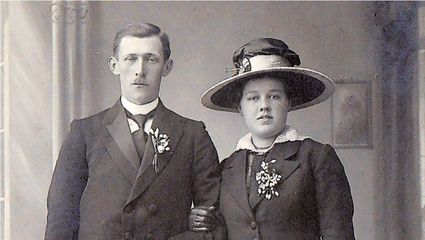
Verzetsplaquette Gaastmeer
Honderden geallieerde vliegtuigen stortten in de Tweede Wereldoorlog neer in het IJsselmeer. In de nacht van 14 op 15 oktober 1944 crashte een Halifax-bommenwerper in het IJsselmeer bij Stavoren.
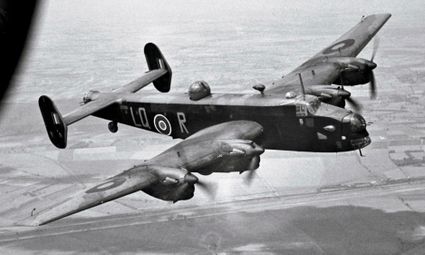
Ontploffing van een munitietrein
Vlak voor de bevrijding van de provincie Friesland vond een sterk staaltje van verzet plaats. Op 12 april 1945 stuurde het Duitse leger een munitietrein vanuit Leeuwarden naar Stavoren.
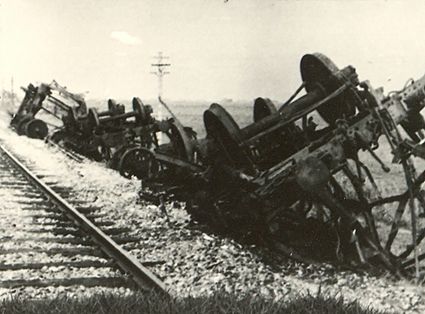
Oorlogsmonument Hieslum
In de avond van 13 mei 1945 steeg een zwaarbeladen Lancaster bommenwerper op vanuit Bardney om een bombardement uit te voeren op de Skodafabriek in Pilsen. Het toestel werd onderweg in het Friese luchtruim beschoten door een Duitse nachtjager.
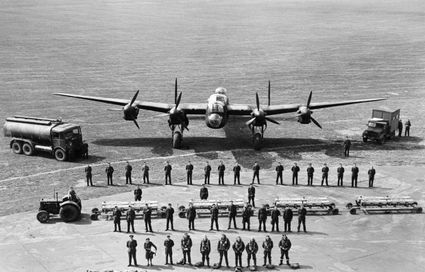
Allied War Graves in Workum
There is a green sign of the War Graves Foundation on the entrance gate of the General Cemetery in Workum. It indicates that six airmen from the United Kingdom and three from Canada are buried in this cemetery.
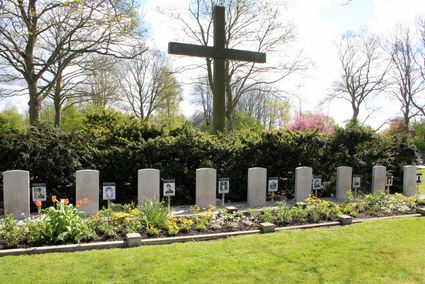
- 20
- 21
- 19
- 96
- 18
- 23
- 32
- 34
- 33
- 32
- 31
- 15
- 14
- 10
- 09
- 07
- 02
- 01
